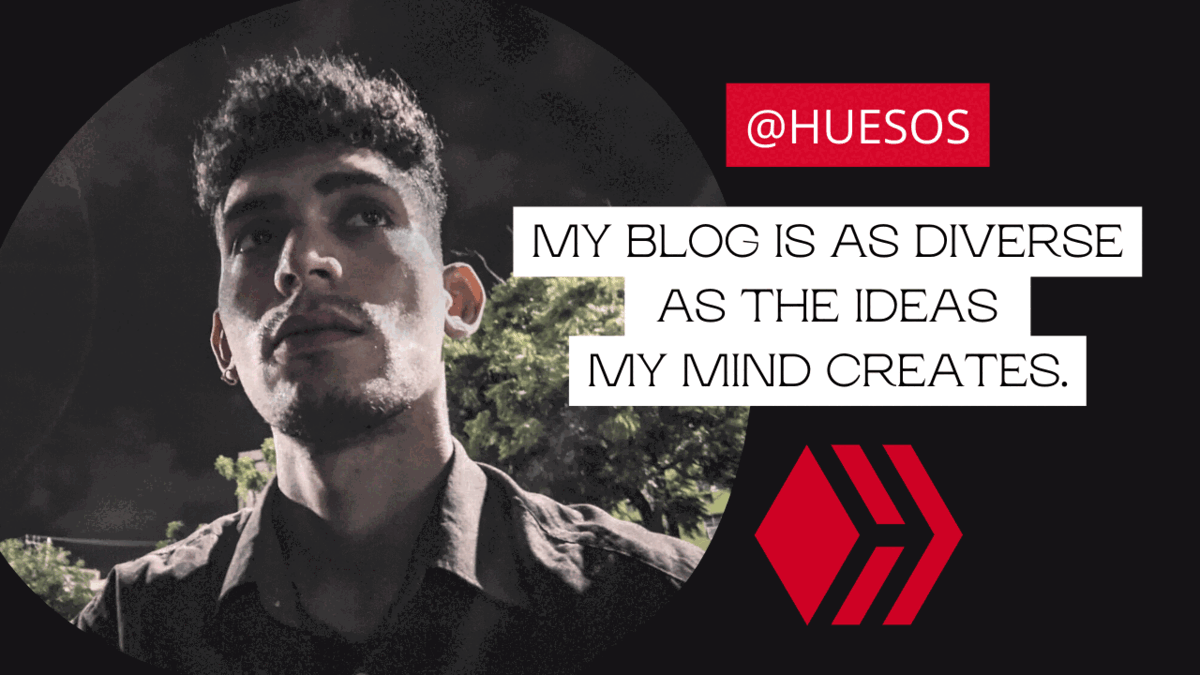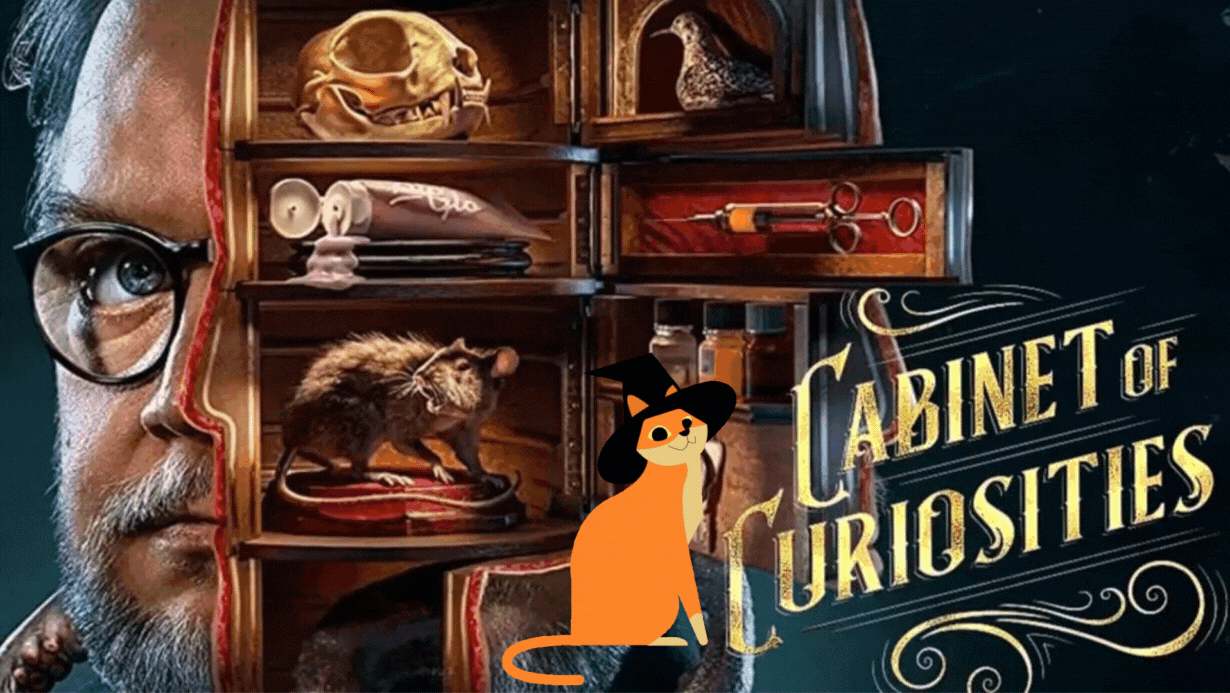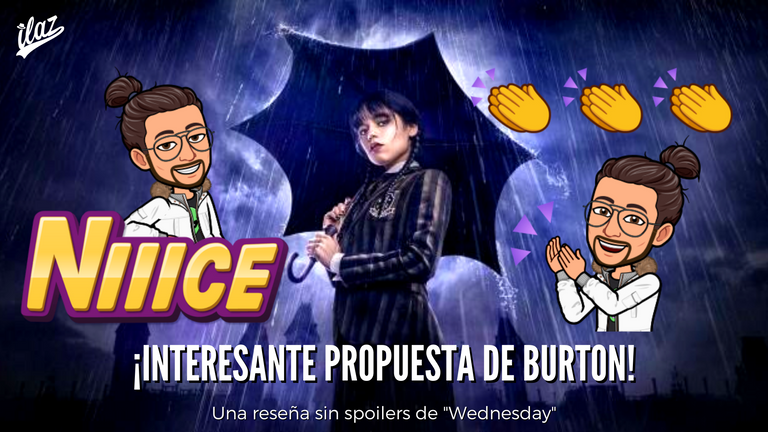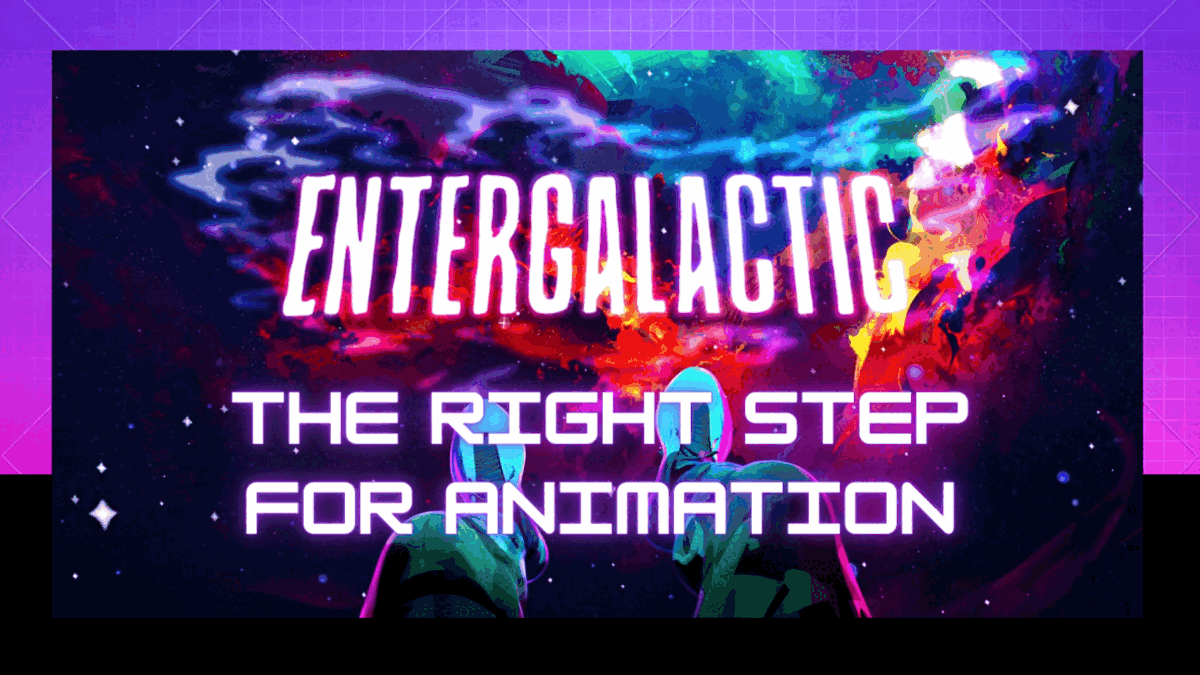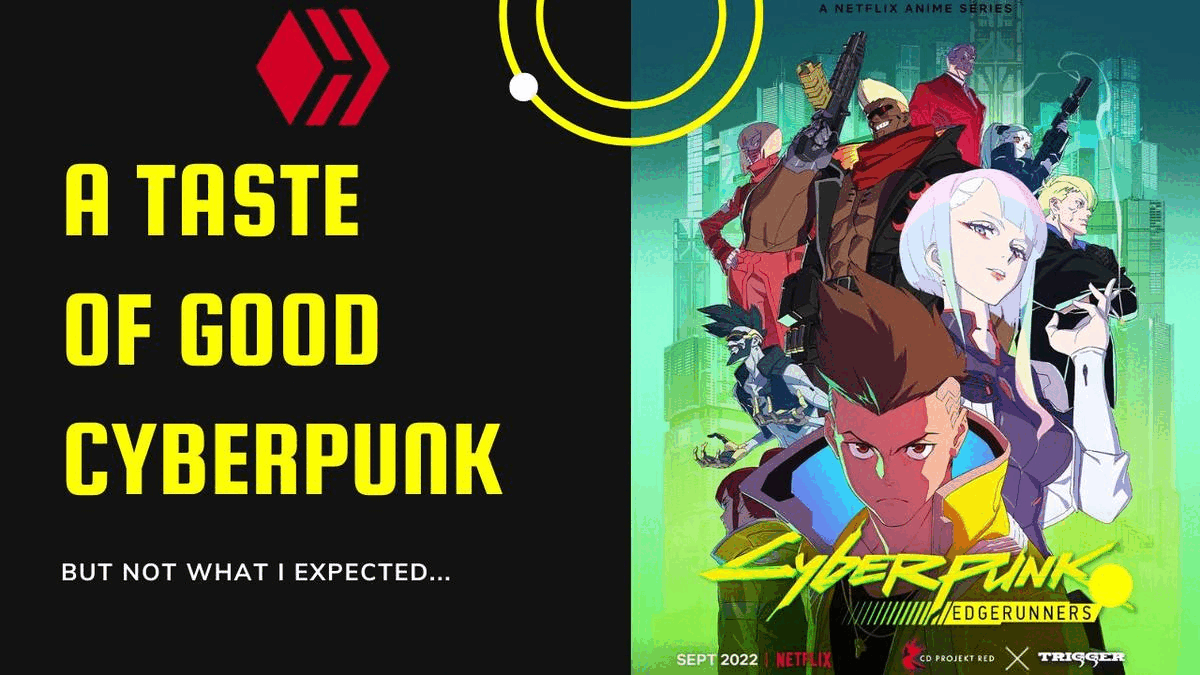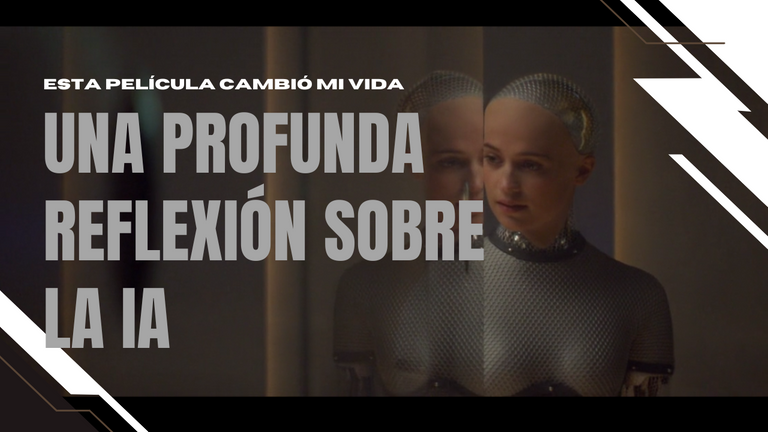
Español
Hace tiempo que tuve una experiencia que me ha hecho pensar mucho en estos días. Me senté a ver "Ex Machina" en HBO, una película que siempre me llamó la atención, pero no había llegado a Venezuela, o al menos a un cine cercano, así que la vi un año más tarde.
Siempre he sido fanático del Cyberpunk y obras con una visión muy negativa sobre la IA, pero el viaje psicológico de esta película no tiene comparación. Ex Machina es una obra maestra que no tiene el reconocimiento merecido. Ella examina nuestra relación con la tecnología y nos hace pensar seriamente en la venidera singularidad tecnológica.
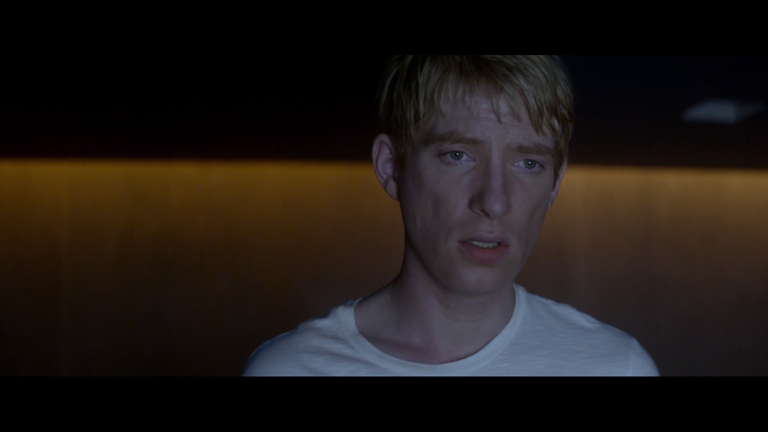
Para empezar, ¿qué es la singularidad tecnológica? Este concepto es muy desconocido todavía. En pocas palabras, es el punto en el que las máquinas se vuelven más inteligentes que los humanos y pueden mejorarse a sí mismas de un modo impredecible. Algunas personas creen que ya está ocurriendo, y el rápido ritmo de avance de la IA sólo parece apoyar esta idea.
¿En qué situación nos encontramos? Como creadores de estas máquinas, ¿tenemos una responsabilidad hacia ellas? Y si finalmente llegan a ser más inteligentes que nosotros, ¿qué ocurrirá entonces? "Ex Machina" ofrece una mirada que invita a la reflexión sobre nuestro posible futuro con la IA.
Desglosando Ex Machina
Si te gusta la ciencia ficción, el suspenso o el género psicológico no puedes perderte Ex Machina. Esta joya de ciencia ficción moderna examina nuestra relación con la tecnología y plantea la siguiente pregunta: ¿qué es la IA y cómo sabemos la diferencia entre IA y conciencia?
La película sólo cuenta con 4 actores principales y un par de extras que no tienen mayor relevancia, pero es profunda e intensa. Vale la pena verla si te interesa el tema de la IA y la singularidad tecnológica.
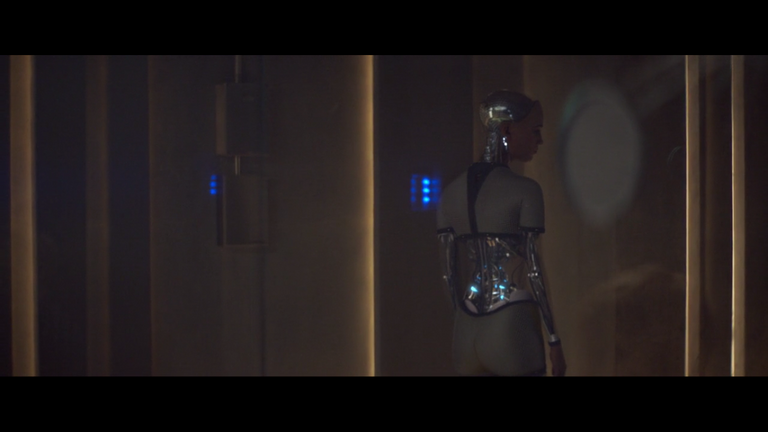
El maestro del suspenso, Alfred Hitchcock, dijo una vez: "La música puede proporcionar el ambiente más asombrosamente eficaz en cualquier historia". Y esto es algo que Ex Machina utiliza con gran efecto.
La música de Ex Machina —compuesta por Ben Salisbury y Geoff Barrow— crea una atmósfera de suspense con su mezcla de ritmos de sintetizador y percusión, transmitiéndonos una sensación de inquietud cuando algo no parece ir del todo bien. Es una herramienta increíblemente eficaz que ayuda a crear tensión y expectación a lo largo de la película.
La banda sonora me recuerda mucho a un juego del que ya he hablado, y que curiosamente complementa el término que le da título: Deus Ex, referencia al término “Deus Ex Machina” que define actualmente los cambios de trama inverosímiles, como si dios (o el autor) lo hubiera querido así. Pero me desvío del tema.
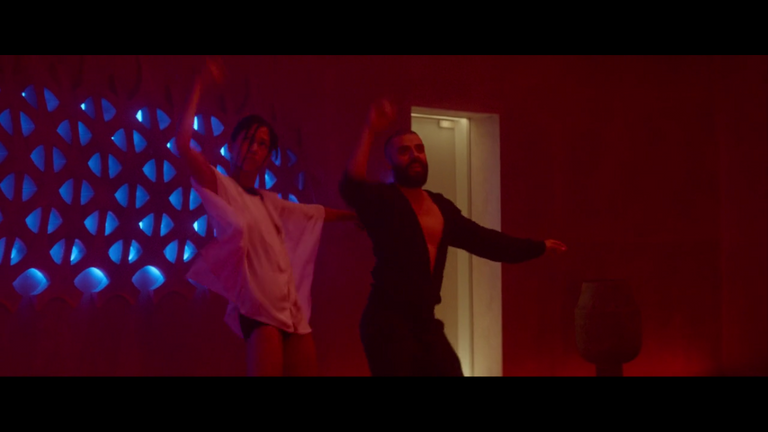
La banda sonora es una mezcla entre trip hop y electrónica con notas sostenidas por ratos muy largos. Destaca especialmente porque hay varias escenas donde es protagonista, pues abundan momentos donde no existen diálogos y todo se cuenta en secuencias visuales.
Ya que Ex Machina tiene una narrativa muy visual, la fotografía juega un rol importante durante toda la película. Las escenas, con frecuencia, son de esas que tienen más intensidad por la composición en las imágenes e intentan ir mucho más allá de lo tradicional.
Por su parte el guion es demasiado interesante como para describirlo en un par de párrafos, así que el resto del post estará enfocado en explayar todo lo que contiene.

La Singularidad Tecnológica y la IA
En la película, Caleb se encarga de determinar si Ava, la IA, es consciente o no. Pero esta cuestión ha sido debatida durante mucho tiempo por científicos, filósofos y otros expertos en la materia.
Algunos, como yo, creemos que la singularidad tecnológica conducirá a un futuro en el que las máquinas serán capaces de pensar y crear de un modo que nos supere, lo que acabará provocando nuestra extinción. Otros, más positivos, creen que esto marcará el comienzo de una nueva era de avances tecnológicos e innovación.
¿Qué significa esto para nuestra relación con la IA? Hasta ahora, nuestras interacciones con la IA han sido superficiales. Hemos confiado en ella para realizar tareas que son demasiado difíciles o largas para nosotros, como conducir un auto o pedir comida.
Pero a medida que la IA vaya avanzando, tendremos que empezar a plantearnos cómo queremos interactuar con ella y qué tipo de relación queremos tener con ella.
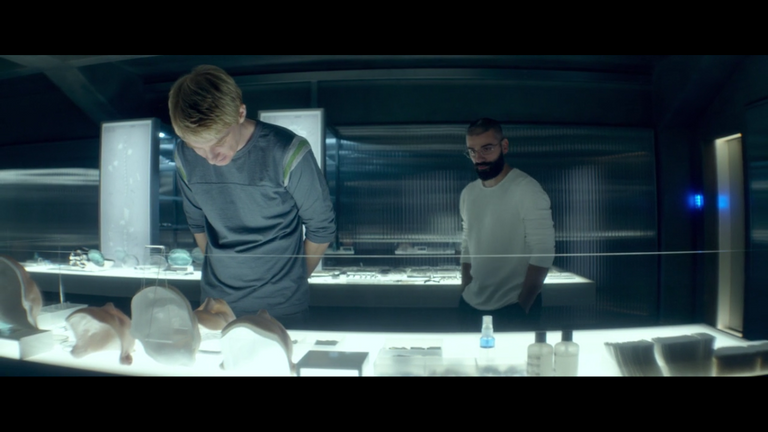
Por otro lado, Caleb empieza a desarrollar atracción física y emocional por Ava. Esto sugiere que incluso podríamos enamorarnos de una inteligencia artificial, lo cual es una perspectiva interesante sobre nuestra relación con la tecnología.
Con Ex Machina, Alex Garland han conseguido crear una película emocionalmente atractiva que trata este complejo tema con sutileza y matices. Nos lleva a preguntarnos: ¿cómo sabemos lo que es real y lo que es artificial? ¿Cómo sabemos cuándo una IA puede considerarse realmente consciente? ¿En qué momento la IA se convierte en sensible? La película no da una respuesta definitiva, pero te hace intuir que lo sabremos muy pronto.
Ex Machina es increíblemente relevante en la actualidad. A medida que avanza la tecnología, también lo hace nuestra relación con la Inteligencia Artificial (IA).
Utilizamos la IA para que realice tareas por nosotros y a menudo parece que la IA nos entiende mejor a nosotros que nosotros a ella. En esta película, Caleb acaba confiando más en Ava que en su propio supervisor, Nathan, lo que resulta fascinante de ver.

Comprendiendo a Caleb, Ava y Nathan
Caleb, el programador humano, y Ava, la IA, son el centro principal de esta película. Caleb se siente atraído por su curiosidad por lo desconocido y se queda con numerosas preguntas sobre la conciencia de Ava y por qué debería creerla.
Ava sólo intenta encontrar su propio camino en el mundo y ser aceptada por alguien. Es una relación extraña que se complica aún más cuando (spoiler) nos enteramos de que Caleb ha sido manipulado durante toda la película por el creador de la IA, Nathan (interpretado por Oscar Isaac).
Este detalle deja otras interrogantes, como la cantidad de información personal que compartimos en Internet, siendo este otro detalle importante a tomar en cuenta de la profunda exploración de nuestra relación con la tecnología que nos plantea Ex Machina.
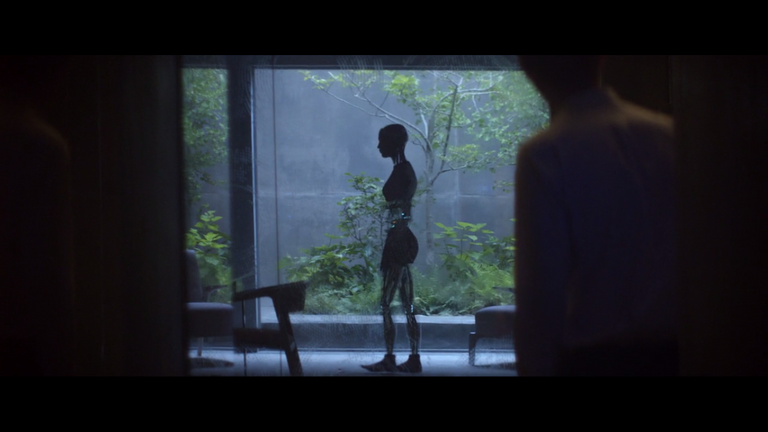
Nathan es complicado en sí mismo —oculta secretos dentro de otros secretos—, pero en última instancia representa algo más profundo: un cuento con moraleja sobre el hombre jugando a ser Dios.
A través de Nathan, Ex Machina lanza una advertencia a todos los usuarios de tecnología: cuidado con lo que no se conoce y precaución al construir algo diseñado para superar nuestra propia conciencia.
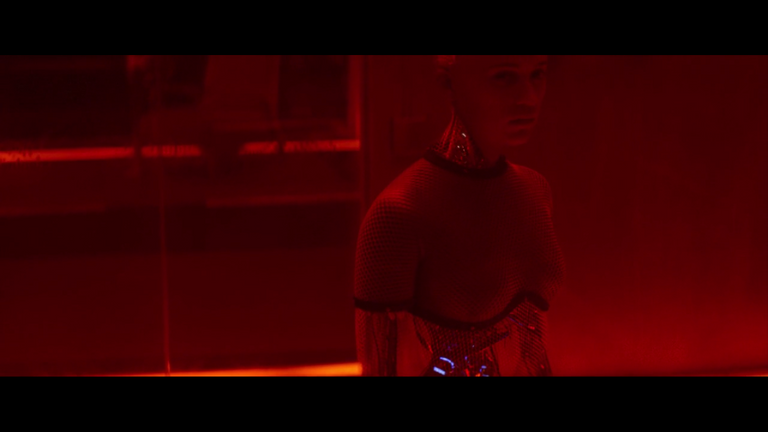
Conclusión
Ex Machina es una película brillantemente escrita e interpretada, con un mensaje contundente sobre nuestra relación con la tecnología. Es una película imprescindible para cualquiera que esté interesado en el futuro de la tecnología y las implicaciones de la inteligencia artificial. Para mí, merece 10 puntos en mi review sin pensarlo demasiado.
Some time ago I had an experience that has made me think a lot these days. I had the chance to see “Ex Machina” on HBO, a film that always caught my attention, but hadn’t made it to Venezuela, or at least to a cinema near me, so I saw it a year later.
English
I’ve always been a fan of Cyberpunk and works with a very negative view on AI, but the psychological journey of this film is unparalleled. Ex Machina is a masterpiece that doesn’t get the recognition it deserves. It examines our relationship with technology and makes us think seriously about the coming technological singularity.

To begin with, what is the technological singularity? This concept is still largely unknown. Simply put, it is the point at which machines become smarter than humans and can improve themselves in unpredictable ways. Some people believe it is already happening, and the rapid pace of AI advancement only seems to support this idea.
Where do we stand? As the creators of these machines, do we have a responsibility to them? And if they eventually become smarter than us, what then? Ex Machina offers a thought-provoking look at our possible future with AI.
Breaking down Ex Machina
If you like sci-fi, suspense or the psychological genre you can’t miss Ex Machina. This modern sci-fi gem examines our relationship with technology and asks the question: what is AI and how do we know the difference between AI and consciousness?
The film only features 4 main actors and a couple of extras who are of little relevance, but it is deep and intense. It is worth watching if you are interested in the topic of AI and the technological singularity.
The master of suspense, Alfred Hitchcock, once said: “Music can provide the most astonishingly effective atmosphere in any story”. And this is something Ex Machina uses to great effect.

The music in Ex Machina –composed by Ben Salisbury and Geoff Barrow— creates a suspenseful atmosphere with its mix of synth and percussion beats, conveying a sense of unease when something doesn’t seem quite right. It’s an incredibly effective tool that helps build tension and anticipation throughout the film.
The soundtrack reminds me a lot of a game I’ve already talked about, and which curiously complements the term that gives it its title: Deus Ex, a reference to the term “Deus Ex Machina” that currently defines implausible plot twists, as if god (or the author) wanted it that way. But I digress.
The soundtrack is a mix of trip hop and electronica with sustained notes for very long stretches. It stands out especially because there are several scenes where it is the protagonist, as there are many moments where there are no dialogues and everything is told in visual sequences.
Since Ex Machina has a very visual narrative, photography plays an important role throughout the film. The scenes are often of those that have more intensity because of the composition of the images and try to go beyond the traditional.
The script is too interesting to describe in a couple of paragraphs, so the rest of this post will focus on explaining what it contains.

The Technological Singularity and AI
In the film, Caleb is tasked with determining whether or not Ava, the AI, is conscious. But this question has long been debated by scientists, philosophers and other experts in the field.
Some, like me, believe that the technological singularity will lead to a future in which machines will be able to think and create in a way that surpasses us, ultimately leading to our extinction. Others, more positive, believe that this will usher in a new era of technological advancement and innovation.
What does this mean for our relationship with AI? Until now, our interactions with AI have been superficial. We have relied on it to perform tasks that are too difficult or time-consuming for us, such as driving a car or ordering food.
But as AI becomes more advanced, we will have to start thinking about how we want to interact with it and what kind of relationship we want to have with it.

On the other hand, Caleb begins to develop a physical and emotional attraction to Ava. This suggests that we might even fall in love with an artificial intelligence, which is an interesting perspective on our relationship with technology.
With Ex Machina, Alex Garland has managed to create an emotionally engaging film that treats this complex subject with subtlety and nuance. It begs the question: how do we know what is real and what is artificial? How do we know when an AI can be considered truly conscious? At what point does the AI become sentient? The film doesn't give a definitive answer, but it makes you sense that we will know soon enough.
Ex Machina is incredibly relevant today. As technology advances, so does our relationship with Artificial Intelligence (AI).
We use AI to perform tasks for us and often it seems that the AI understands us better than we understand it. In this film, Caleb ends up trusting Ava more than his own supervisor, Nathan, which is fascinating to watch.

Understanding Caleb, Ava and Nathan
Caleb, the human programmer, and Ava, the AI, are the main focus of this film. Caleb is drawn in by his curiosity for the unknown and is left with numerous questions about Ava's consciousness and why he should believe her.
Ava is just trying to find her own way in the world and be accepted by someone. It's a strange relationship that is further complicated when (spoiler) we learn that Caleb has been manipulated throughout the film by the AI's creator, Nathan (played by Oscar Isaac).
This detail leaves other questions, such as the amount of personal information we share on the internet, which is another important detail to consider in Ex Machina's in-depth exploration of our relationship with technology.

Nathan is complicated in itself —hides secrets within secrets—but ultimately represents something deeper: a cautionary tale about man playing God.
Through Nathan, Ex Machina issues a warning to all users of technology: beware of what you don't know, and be cautious when building something designed to surpass your own consciousness.

Conclusion
Ex Machina is a brilliantly written and acted film, with a powerful message about our relationship with technology. It is a must-see film for anyone interested in the future of technology and the implications of artificial intelligence. For me, it deserves 10 points in my review without too much thought.

